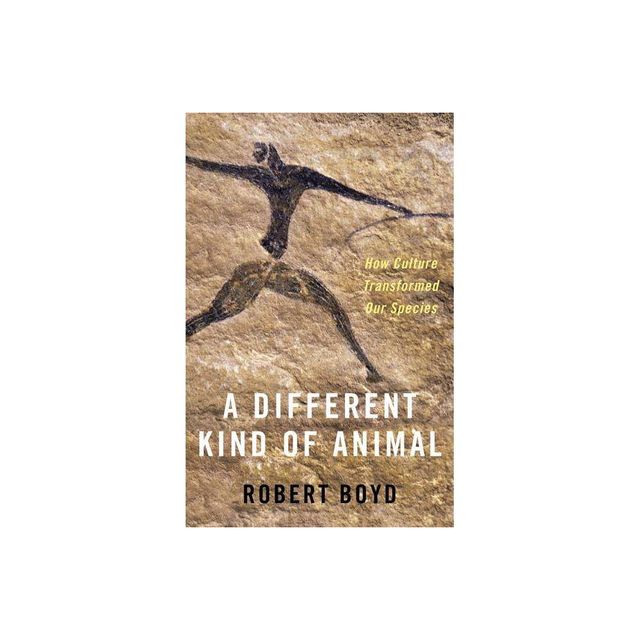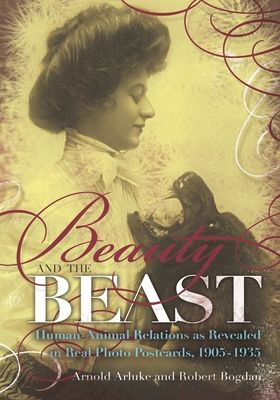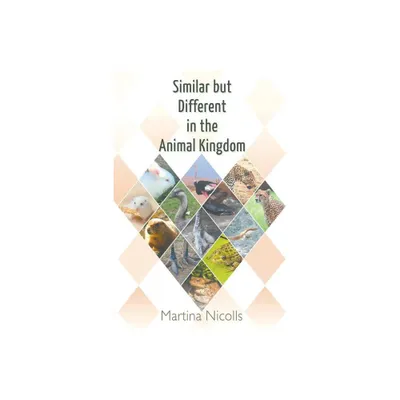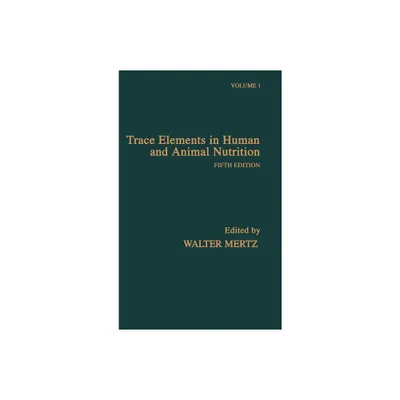Home
Different Beasts: Humans and Animals in Spinoza and the Zhuangzi
Loading Inventory...
Barnes and Noble
Different Beasts: Humans and Animals in Spinoza and the Zhuangzi
Current price: $110.00


Barnes and Noble
Different Beasts: Humans and Animals in Spinoza and the Zhuangzi
Current price: $110.00
Loading Inventory...
Size: OS
*Product Information may vary - to confirm product availability, pricing, and additional information please contact Barnes and Noble
Different Beasts
studies conceptions of human and animal identity as articulated in the ancient Chinese text known as the
Zhuangzi
and in the works of the seventeenth-century European philosopher Benedict de Spinoza. By examining how, in these very different philosophies, notions of humanness and animality intersect with ideas about human unity and solidarity, social order, and social difference categories (such as gender, descent, and ability),
opens new paths for understanding Spinoza and the
while also developing methodological insights into the practice of cross-cultural comparative philosophy.
critically engages with a long tradition of reading Spinoza together with Asian “wisdom literatures” and especially with canonical Chinese texts. Interpretations of these works, which are outside the mainstream philosophical canon (defined from a certain Euro-American perspective), often see them as premised on a harmonious view of the world, free of tensions between humans and the nonhuman world.
adds to the literature of animality and to the practice of turning one's attention toward “non-canonical” philosophical texts to seek new understandings. However, it argues that the transformative potential of studying these texts does not lie in their allegedly harmonious view of the world but in the variety of ways they exhibit humans' uniqueness, foolishness, or superiority, which can help us further understand our own often contradictory investments in the human-animal binary.
studies conceptions of human and animal identity as articulated in the ancient Chinese text known as the
Zhuangzi
and in the works of the seventeenth-century European philosopher Benedict de Spinoza. By examining how, in these very different philosophies, notions of humanness and animality intersect with ideas about human unity and solidarity, social order, and social difference categories (such as gender, descent, and ability),
opens new paths for understanding Spinoza and the
while also developing methodological insights into the practice of cross-cultural comparative philosophy.
critically engages with a long tradition of reading Spinoza together with Asian “wisdom literatures” and especially with canonical Chinese texts. Interpretations of these works, which are outside the mainstream philosophical canon (defined from a certain Euro-American perspective), often see them as premised on a harmonious view of the world, free of tensions between humans and the nonhuman world.
adds to the literature of animality and to the practice of turning one's attention toward “non-canonical” philosophical texts to seek new understandings. However, it argues that the transformative potential of studying these texts does not lie in their allegedly harmonious view of the world but in the variety of ways they exhibit humans' uniqueness, foolishness, or superiority, which can help us further understand our own often contradictory investments in the human-animal binary.


















